Viewpoint: How we learn to believe in ourselves
- Published

One of the central challenges society faces is how to improve opportunities for those who have had a difficult start. Anna Woodhouse discusses what it means to turn your life around.
I've been told I'm the problem. I've been spat at, bullied and sleep-deprived. I've been called cruel names. I've been coerced into sex one moment and berated for being a whore the next.
Sometimes I've been hungry and my whole life I've been hungry for something more, something better. But these experiences aren't extraordinary or even extreme - they're part of the fabric of many people's lives. And the questions I want to ask are "How can we make changes?" and "How can we turn things around?"
Things could have been much worse for me. My parents split up when I was young, but I grew up in a loving home. My mother taught me to read and write before I went to school. We didn't have much money, but we did have love and books.
The MP Frank Field, formerly Prime Minister David Cameron's "poverty tsar" and current chairman of the Work and Pensions Select Committee, prioritises the pre-school years as crucial to a child's development. He suggests parenting is "more important than income or schooling", external in improving life chances. He stresses the role of mothers, in particular, in shaping their children's future.

Find out more
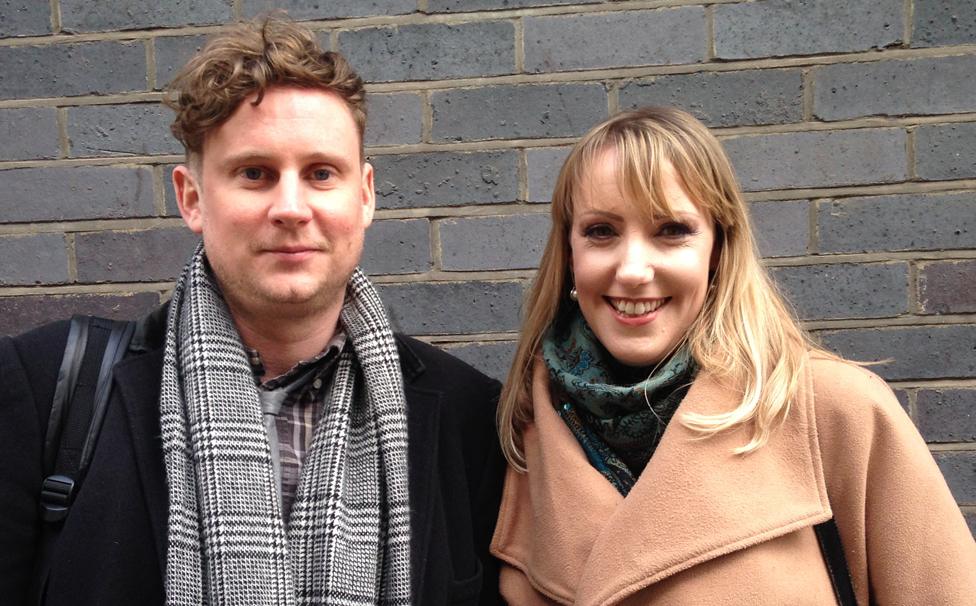
Poet Byron Vincent and university lecturer Anna Woodhouse, in How to Turn Your Life Around
You can listen to How to Turn Your Life Around on BBC Radio 4 on Tuesday 29 March at 20:00 BST or catch up afterwards on iPlayer.

For me, the nurture I experienced in my early years impacted on my later life, not just in terms of my education, but in terms of who I am - the love of my mother shaped me into a kind, loving person. I might not have always loved myself, but I've always tried to love others.
But I hated school. I remember being a shy, socially awkward child and feeling like there was something wrong with me. It's hard to pinpoint the reasons for my absurdly low self-esteem. These days, all evidence seems to suggest that there never was anything wrong with me, that, contrary to my near-lifelong and perversely cherished view that I'm worthless, I'm actually OK.
But I was a sensitive kid, and every time someone picked on me, or slighted me, I absorbed their derision and by the time I was an adolescent I loathed myself. And this is when things took a darker turn. To be a 13-year-old girl who hates herself is to be in a vulnerable spot. People can smell blood.
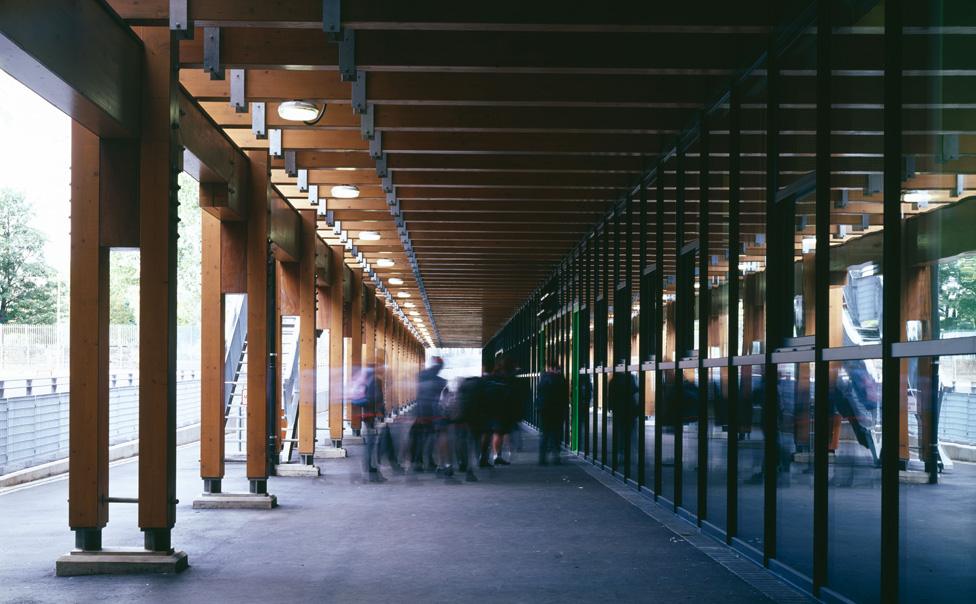
I think most people have some experience, at some stage in their school lives, of being bullied. It was an intrinsic and inescapable part of the culture at the schools I attended.
However, now there are schools that operate a strict "zero-tolerance" approach. Opened in 2004, Mossbourne, in Hackney, external, east London, was one of the first academy schools, and ranks in the top 1% of schools in the country for GCSE and A-level attainment. It has been judged "outstanding" by Ofsted and described as "amongst the very highest in the country".
What strikes you, walking around the school, is an almost eerie atmosphere of calm. I say eerie because, in my higher education (HE) outreach work, I go into a lot of schools, and I've never seen anything like Mossbourne. There is classroom after classroom of kids studiously, silently working.
The schools I work with are targeted because of their low progression rates into HE. Like these schools, Mossbourne serves what might otherwise be considered a disadvantaged catchment area. Yet it consistently boasts impressive progression rates. In 2011/12, 97% of Mossbourne's A-level students progressed to HE, and 30% secured places at Russell Group, external universities.
The principal, Peter Hughes, says Mossbourne uses discipline to cultivate an alternative culture - of aspiration, rather than low expectation.
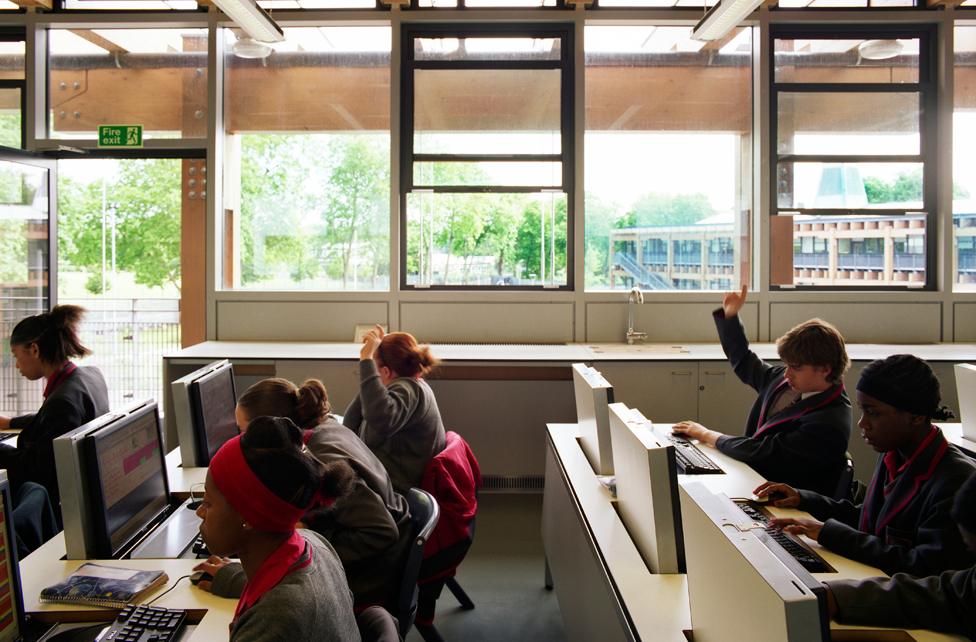
I hardly consider myself a great disciplinarian, but the thing is it seems to work. And I'm passionate about raising aspirations, because I know from personal experience that low expectations can be paralysing.
I rebelled at school. Being bad was a mode of survival because I was operating in a culture that didn't reward being good. I grew up and went to school in Bridlington, a small town on the east coast of Yorkshire. It's a pretty place, but socially and culturally it has its ugly sides - unemployment, drugs and crime.
Work is often seasonal. The town comes alive when the tourists arrive, but much of the time it's cold and humdrum and a bit isolated. When I left school, and then home, at the age of 15, I felt that Bridlington had nothing to offer me and I had nothing to offer Bridlington.
I was four years on the dole, an anorexic waif suffering from regular respiratory infections and beleaguered by an abusive boyfriend. By the time I was 19, I was so broken, it seemed like a case of leave town or lose hope.
Looking back, the changes I made seem incredible. When I was younger, I'd been terrified to leave town - I was even scared to get on a bus - but now I was terrified to stay. I was running away from a relationship, but I was also running away from the person I'd become.
I suppose I felt so low, I had nothing to lose. The few friends I had were leaving town around that time, and so was my family. My experience chimes with what some experts have observed.
Angie Hart from the University of Brighton is a child and family psychotherapist who studies resilience. She stresses the vitalness of the support of at least one person who really cares in helping us to make changes.
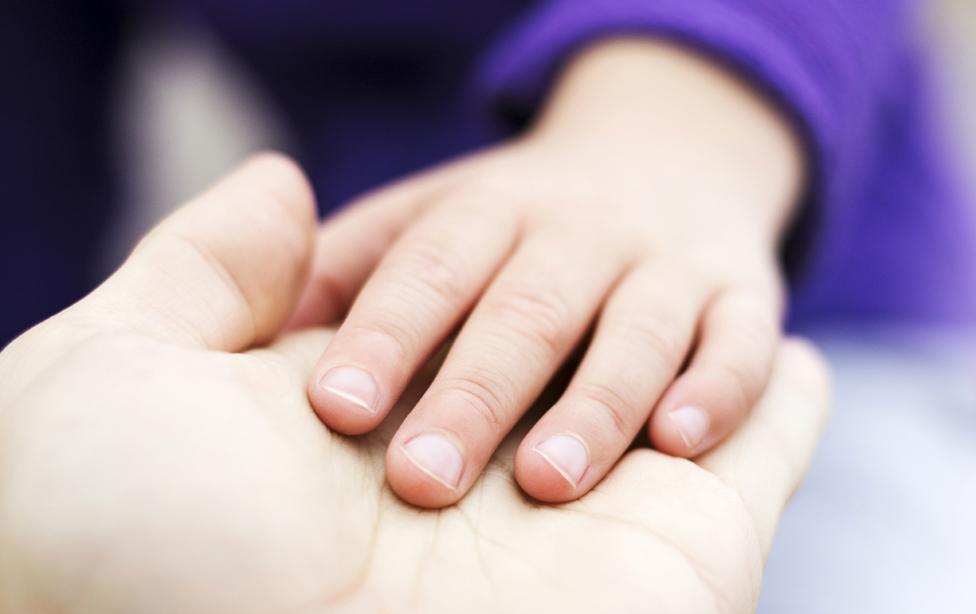
When I moved to Leeds and started again, I found that support when I sought the approval of a more positive peer group. I've ended up with a PhD, but I wouldn't have considered university at all if it wasn't for an ex who encouraged me to go back to education. So I refashioned myself by placing myself in a more nurturing environment.
This need for nurture might be part of our nature. I had my genes tested for a variant linked to resilience called FKBP5. Michael Pleuss, chartered psychologist and lecturer in developmental psychology at Queen Mary University, works in the field of developmental plasticity.
He explains how environmental and genetic interactions can influence individual development. To use a simple analogy, around 80% of people (those who don't have the FKBP5 gene) are likened to "dandelions" - they can endure a certain amount of stress.
On the other hand, those people with FKBP5, are described as "orchids". We suffer the effects of stressful environments more than the dandelions, and we're potentially more vulnerable to conditions such as depression and post-traumatic stress disorder. On the upside, though, orchids also seem to benefit more from nurturing environments and have the capacity, under the right conditions, to bloom.
This didn't come as a particular surprise. I've always been a sensitive creature. Sometimes I've hated the intensity of my feelings. Sometimes I wished I had thicker skin. But rather than beating myself up about being weak, finding out I have this gene has reminded me of how important it is, not just for me, but for everyone, to place ourselves in nurturing environments and surround ourselves with positive influences.
And maybe I'm not as weak as I thought. Lauren Eskreis-Winkler is a researcher at the University of Pennsylvania's Duckworth Laboratory, where they're conducting psychological studies into the power of "grit".
This work suggests that grit is more important than intelligence, or talent, or even wealth in determining success. I took their grit test online, and was amused to find that I'm not, apparently, particularly gritty. But, as Eskreis-Winkler explains, this might be down to the problems of self-reporting, because we tend to measure ourselves more against others and to be self-critical.
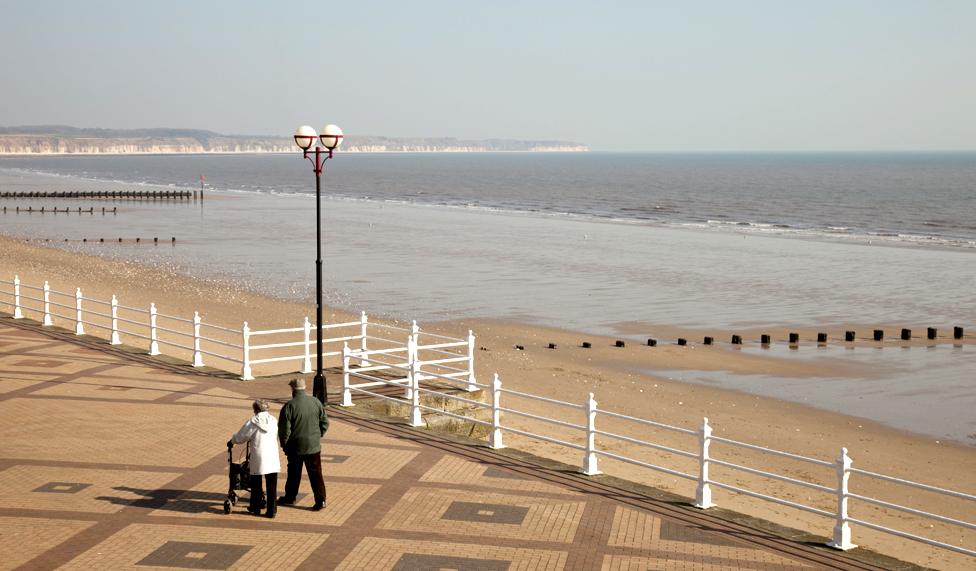
And on reflection, when I left Bridlington, when I walked away from damaging relationships, and when I dedicated myself to years of study, I think I did show a bit of grit.
I talked earlier on about not losing hope, and for me, this is the key to turning your life around. I've struggled with the concept of grit, and I've been reticent about being gritty, because grit seems to suggest something tough, and I don't feel tough at all. But grit, as Eskreis-Winkler describes it, is about the ability to pursue long-term goals and to stick with things.
Life is hard and sometimes it seems like it would be easier to lose hope, but is that really an option when it comes down to it? I've had moments when I've thought about giving up on my hopes and desires and sometimes on life. But I haven't given up - I haven't stopped loving and hoping, and I haven't stopped being myself.
I may be a delicate flower, but maybe this is a kind of grit. Maybe, with nurture, sensitivity can also be a kind of strength. Maybe love is the answer. Because it's my continued belief in myself and others, in spite of life's smacks in the face, that keeps me going.
Subscribe to the BBC News Magazine's email newsletter to get articles sent to your inbox.